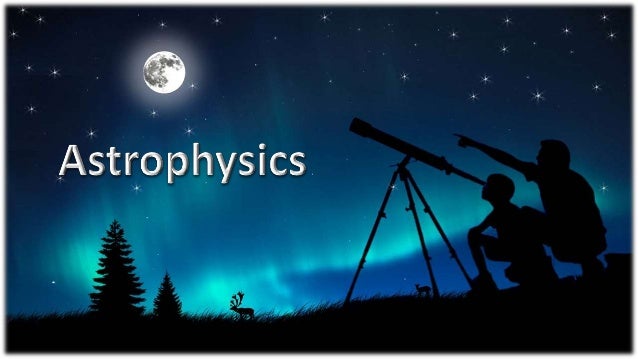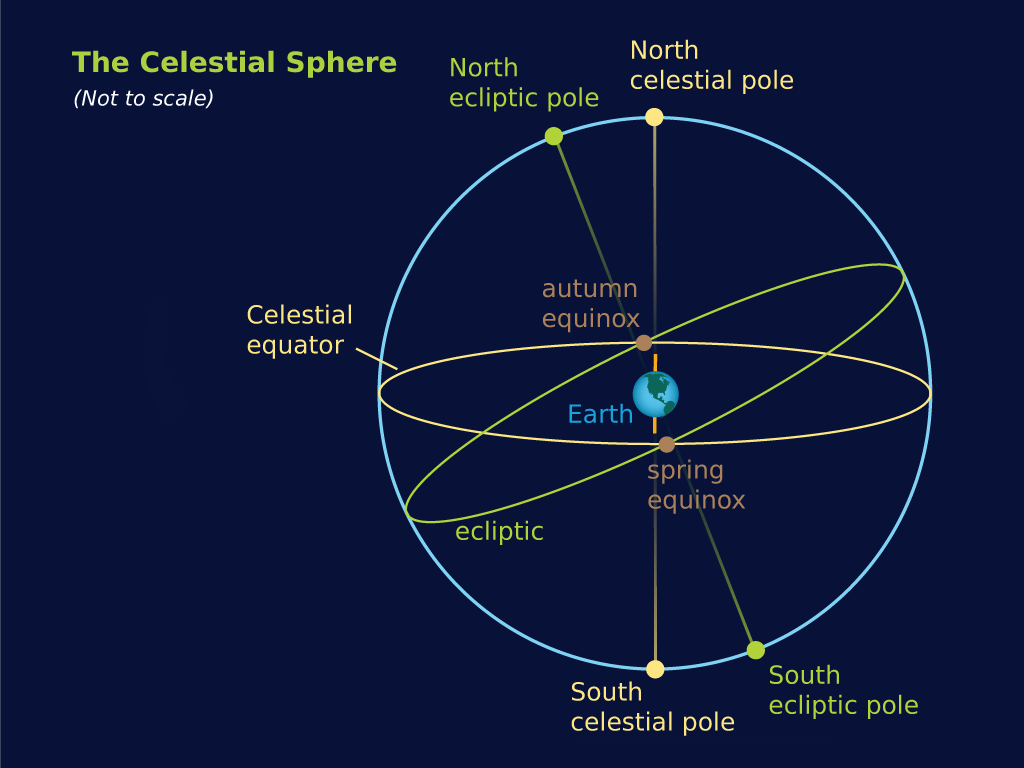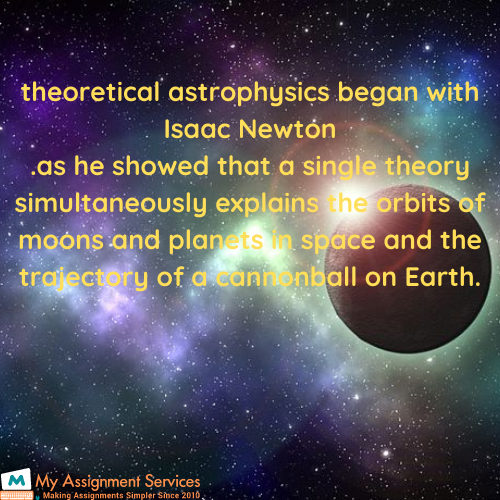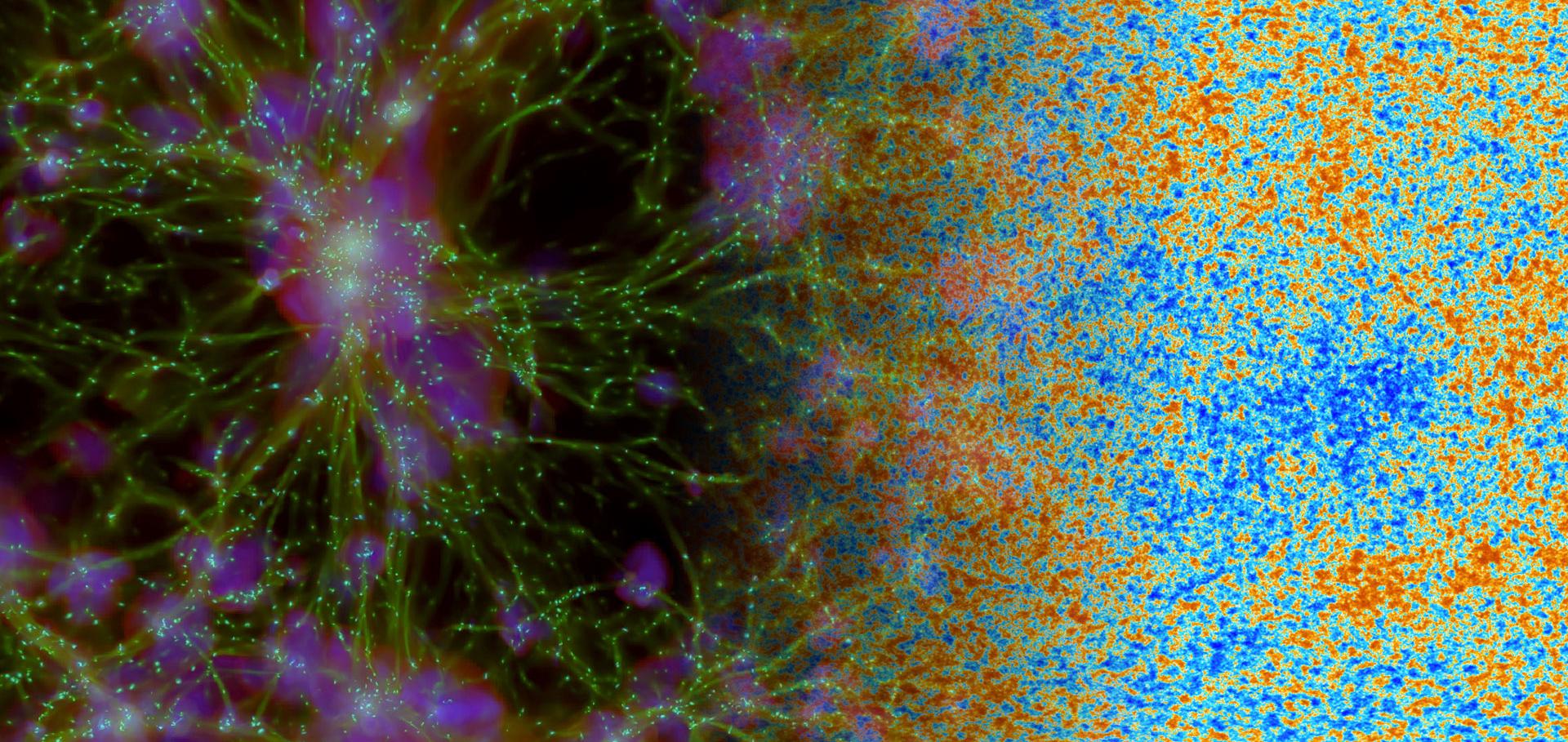
Astrophysics is an intriguing field of study that explores the vast expanse of the universe, delving into the mysteries of celestial bodies, the laws of physics, and the phenomena that occur beyond our planet. In this post, we will dive into the definition and intricacies of astrophysics, shedding light on its captivating nature and providing you with a deeper understanding of this fascinating subject.
So, what exactly is astrophysics? Put simply, astrophysics is a branch of astronomy that focuses on the physics of celestial objects, such as planets, stars, galaxies, and the interactions between them. It involves the application of the laws and principles of physics to unravel the mysteries of the universe and comprehend the intricate processes and phenomena occurring within it. Now, let's explore astrophysics further and discover its various aspects and significance.
The Expansive Field of Astrophysics
When we talk about astrophysics, we are essentially entering a realm where science meets the wonders of the universe. This field covers a vast array of topics, allowing scientists to explore and understand various celestial bodies and phenomena that exist throughout the cosmos. Let's take a closer look at some key areas of astrophysics:
1. Stellar Evolution
One captivating aspect of astrophysics is the study of stellar evolution. This involves examining how stars are formed, how they evolve over time, and the processes that occur during their lifetimes. Scientists analyze factors such as the star's mass, composition, and temperature to better comprehend the life cycles of stars and the intriguing phenomena associated with them, such as supernovae and black holes.
2. Cosmology
Another enthralling field within astrophysics is cosmology, which deals with the origin, structure, and evolution of the entire universe. Cosmologists seek to understand the fundamental nature of the cosmos, exploring questions like the Big Bang theory, the composition of dark matter and dark energy, and the ultimate fate of the universe. By studying the cosmic microwave background radiation and mapping the distribution of galaxies, cosmologists try to piece together the puzzle of our universe's past, present, and future.
3. Exoplanets and Planetary Systems
Astrophysics also delves into exoplanets and planetary systems, investigating worlds beyond our solar system. With the discovery of thousands of exoplanets in recent years, scientists have been able to study these distant worlds, assessing their potential habitability and the presence of conditions conducive to life. By analyzing their atmospheres, compositions, and orbits, astrophysicists aim to unravel the mysteries of exoplanets, providing valuable insights into the possibility of extraterrestrial life.
The Intriguing Advancements in Astrophysics
Astrophysics is an ever-evolving field, continuously pushing the boundaries of human knowledge and technological capabilities. Here are some of the remarkable advancements that have significantly contributed to our understanding of the universe:
-
Ground vs. Space-Based Observatories
Over the years, advancements in technology have allowed scientists to observe celestial objects using both ground-based and space-based observatories. Ground-based observatories, equipped with powerful telescopes, provide valuable data and observations. On the other hand, space-based observatories, such as the Hubble Space Telescope, offer a unique perspective, unaffected by Earth's atmosphere, enabling us to capture breathtaking images and make groundbreaking discoveries.
-
Gravitational Wave Detection
One of the most significant breakthroughs in astrophysics was the detection of gravitational waves. These ripples in the fabric of spacetime were first confirmed in 2015, validating a key prediction of Albert Einstein's theory of general relativity. By detecting and studying these gravitational waves, astrophysicists can gain insights into the cataclysmic events that generate them, such as the merger of black holes or neutron stars.
-
Data-Driven Discoveries
With the tremendous advancements in computing power and data analysis techniques, astrophysics has entered the era of data-driven discoveries. Large-scale surveys, such as the Sloan Digital Sky Survey, have generated immense amounts of data, allowing scientists to identify and classify celestial objects with unprecedented efficiency. The analysis of these datasets has led to numerous groundbreaking discoveries, contributing to our knowledge of the universe.
Astrophysics captivates the imagination and offers a multitude of benefits and advantages. By unraveling the mysteries of the cosmos, it allows us to gain a deeper understanding of our place in the universe and offers potential technological advancements that can benefit society as a whole. Here are some key benefits of astrophysics:
- Technological Advancements: The pursuit of astrophysics often leads to technological breakthroughs, such as advancements in telescopes, detectors, and imaging techniques. These innovations have practical applications in various fields, including medicine, communications, and navigation.
- Space Exploration: Astrophy
- biologist the evolution of the universe broaden the horizons of space exploration. By studying celestial bodies and their properties, we gain valuable insights for future missions and expeditions to other planets, moons, and beyond.
- Understanding Our Origins: Astrophysics offers a glimpse into the origins of our universe and the processes that have shaped it throughout billions of years. By understanding the past, we can gain insights into our existence and potentially answer profound questions about the nature of life and reality itself.
In conclusion, astrophysics is a captivating field of study that offers a deeper understanding of the universe and our place within it. It encompasses various branches, such as stellar evolution, cosmology, and exoplanet research, each contributing to our knowledge of the cosmos. With remarkable advancements in technology and data analysis, astrophysics continues to push the boundaries of human comprehension, unlocking awe-inspiring discoveries and paving the way for future scientific breakthroughs. So, embark on a celestial journey and explore the wonders of astrophysics!
People Also Ask
What is the significance of astrophysics?
Astrophysics is significant as it helps us understand the fundamental nature of the universe, explore the origins of celestial bodies, and unravel the mysteries of phenomena occurring in outer space.
What are the career opportunities in astrophysics?
A career in astrophysics can lead to various opportunities, such as research positions in universities, observatories, and space agencies, as well as teaching, science communication, and data analysis roles.
If you are looking for What Is Astrophysics Explained - YouTube you've visit to the right place. We have 25 Pictures about What Is Astrophysics Explained - YouTube like What Is Astrophysics Explained - YouTube, Difference Between Astrophysics, Astronomy And Cosmology. and also Difference Between Astrophysics, Astronomy And Cosmology.. Read more:
What Is Astrophysics Explained - YouTube
 www.youtube.com
www.youtube.com astrophysics
13.6 Tidal Forces | University Physics Volume 1
 courses.lumenlearning.com
courses.lumenlearning.com tidal forces accretion seen io star physics volume university eruption dramatic evidence due figure blue jupiter
Pin By Lisa Wilson On Quantum Physics | Cool Science Facts, Astronomy Facts, Theory Of Relativity
 br.pinterest.com
br.pinterest.com relativity astronomy theories mathematics quantum theoretical astrophysics
Difference Between Astrophysics, Astronomy And Cosmology.
 www.secretsofuniverse.in
www.secretsofuniverse.in wallpaper galaxies galaxy astrophysics hubble stars astronomy nebulae nasa physics astro positions motions chemistry rather astronomical ascertain objects nature space
Difference Between Astrophysics, Astronomy And Cosmology.
 www.secretsofuniverse.in
www.secretsofuniverse.in astrophysics astronomy cosmology basics astro search
Astrophysics Is Amazing Check Out Pulsars For Example! | Astronomy Facts, Astrophysics
 www.pinterest.com.mx
www.pinterest.com.mx astrophysics pulsars python astronomy firmament oriented
Difference Between Astrophysics, Astronomy And Cosmology.
 www.secretsofuniverse.in
www.secretsofuniverse.in astrophysics cosmology astronomy difference between read
What Is Astrophysics | Astrophysics Definition | IntechOpen
 www.intechopen.com
www.intechopen.com astrophysics books astronomy become intechopen astrophysicist astronomer definition open downloaded chapters kucuk ibrahim
Astrophysics Presentation
 www.slideshare.net
www.slideshare.net astrophysics presentation slideshare
Basics Of Astrophysics Series | The Secrets Of The Universe
 www.secretsofuniverse.in
www.secretsofuniverse.in astrophysics
Astronomy Concept Diagrams — Simulating The Universe
 blog.simulationcurriculum.com
blog.simulationcurriculum.com celestial sphere astronomy concept sky coordinates diagrams january concepts night understanding using universe starry resources astronomical slideshare
Online Astrophysics Homework Help USA By Top Academic Experts @50% OFF
 www.myassignmentservices.com
www.myassignmentservices.com astrophysics homework
Astrophysics | Observational Astronomy | Optics
 www.scribd.com
www.scribd.com Astrophysics - Définition - What Is
astrophysics theoretical department astro startalk queries cosmic radio general show workshops colloquia conferences seminars events
Astrophysics | What Is, What Does It Study, History, Concepts, Examples, Books
 www.euston96.com
www.euston96.com astrophysics
Free Online Course -Introduction To Astrophysics | Coursesity
 coursesity.com
coursesity.com astrophysics introduction
(PDF) Big Ideas In Astronomy: A Proposed Definition Of Astronomy Literacy
 www.researchgate.net
www.researchgate.net astronomy definition literacy proposed
Astrophysics Meaning - YouTube
 www.youtube.com
www.youtube.com meaning stroppy astrophysics
Pronunciation Of Astrophysics | Definition Of Astrophysics - YouTube
 www.youtube.com
www.youtube.com astrophysics
Particle Astrophysics & Cosmology: Research Groups | University Of Oxford Department Of Physics
 www.physics.ox.ac.uk
www.physics.ox.ac.uk particle astrophysics cosmology physics abstract
Cosmology And Astrophysics | Astrophysics, Astronomy Facts, Space And Astronomy
 www.pinterest.ca
www.pinterest.ca astronomy cosmology astrophysics theoretical
Astrophysics Vs. Astronomy Vs. Cosmology (+ Vital Facts)
 astronimate.com
astronimate.com astrophysics astronomy cosmology
Astrophysics Definition - YouTube
 www.youtube.com
www.youtube.com Astronomy: Basic Definitions Part 2 - YouTube
 www.youtube.com
www.youtube.com astronomy
Astrophysics - Definition Of Astrophysics By The Free Dictionary
 www.thefreedictionary.com
www.thefreedictionary.com astrophysics definition
Free online course -introduction to astrophysics. Wallpaper galaxies galaxy astrophysics hubble stars astronomy nebulae nasa physics astro positions motions chemistry rather astronomical ascertain objects nature space. Particle astrophysics cosmology physics abstract